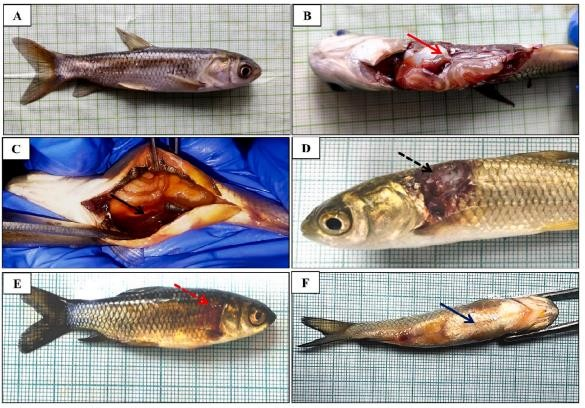New Development of Edwarsiella Tarda Infection
Clinical Medicine And Health Research Journal,
Vol. 4 No. 5 (2024),
4 September 2024
,
Page 997-1004
https://doi.org/10.18535/cmhrj.v4i5.392
Abstract
Edwardsiella tarda is a pathogen in aquatic animals and as an opportunistic pathogen for humans. This bacteria is known to cause gastroenteritis and wound infections. There is evidence to suggest that these microorganisms can be a public health problem, as well as a threat to other animals such as pigs and cows. There is a cathepsin H (CsCatH) homology of C. semilaevis, in the healthy palm of the tongue, transcriptional expression of CsCatH was detected in nine different tissues. Knockdown of CsCatH and CsCatB significantly increased Edwardsiella tarda-induced replication and reduced Edwardsiella tarda-induced apoptosis. These findings reveal the importance of CsCatH and CsCatB in the anti-bacterial immunity of the tongue. Subsequent studies suggest that the flagellin secreted from Edwardsiella tarda may be a responsible factor for macrophage stimulation activity. The virulence factors of these bacteria are the secretion system type III, type VI and other proteins. Edwardsiella tarda can be identified and characterized by agglutination test methods, Enzyme-Linked Immunosorbent Assay (ELISA), and fluorescent antibody techniques, real-time PCR, loop mediated isothermal amplification (LAMP), and multiplex nested PCR.
- E. tarda, CsCatH, CsCatB, flagellin

How to Cite
Download Citation
References
- Article Viewed: 0 Total Download


